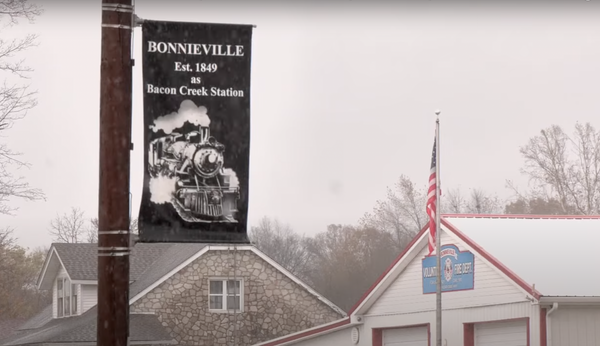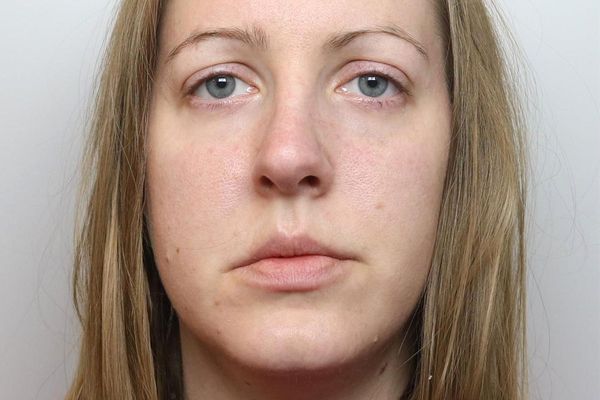
A young woman has told of her heartbreak after her ‘soulmate’ and son’s godfather both died of fentanyl poisoning within months of each other.
Gwen Dudley, 33, is now raising son Luca, three, as a single mother following the death of her partner, Paul Duffy, 32.
Paul was a recovering addict and worked as a support worker for overdose victims when he started taking cocaine, on and off for two months.
He took what he thought was cocaine, but was actually laced with fentanyl, and died.
Just six months later, his best friend Chris Phillips, 35, died after taking heroin laced with the same thing. Symptoms of opioid or fentanyl overdose include pinpoint pupils, falling asleep or losing consciousness, slow and shallow breathing, choking or gurgling sounds, limp body, and pale, blue, or cold skin.
Like Paul, Chris was in recovery and was supporting someone to sobriety, but Gwen said he felt “guilty” for not being there for Paul and relapsed.
Despite trying to be a father figure to Paul’s son - his own godson - he started doing heroin to cope with the stress, she said.
Chris, a roof inspector, died six months after his best freind, on November 15, 2021.
According to the Center for Disease Control and Prevention (CDC) more than 150 people die each day in the US due to fentanyl poisoning.
Traces of fentanyl can be found in drugs, and it is impossible to see it, taste it, or smell it.
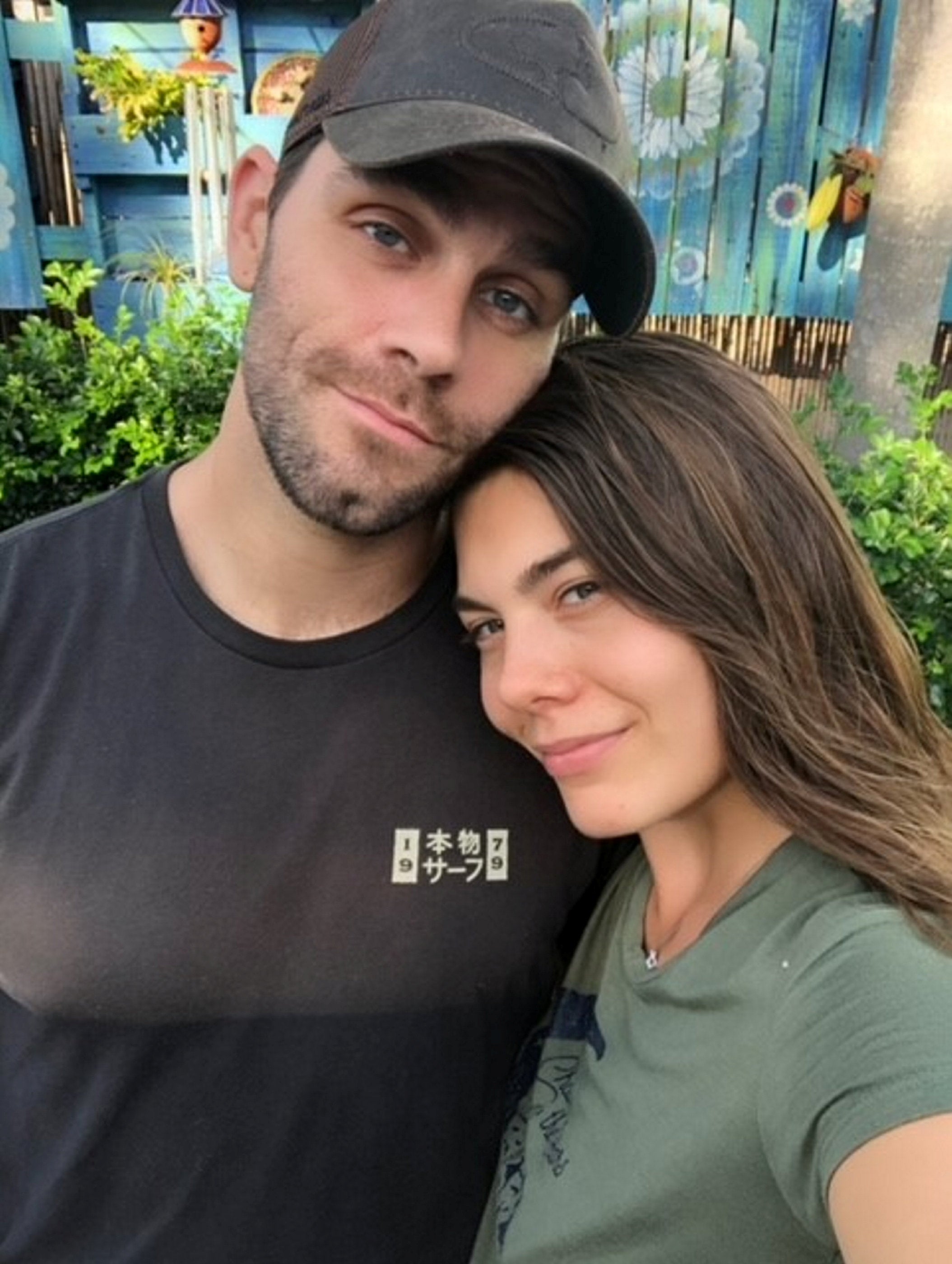
Bereaved Gwen is speaking out to end the stigma against people who die from fentanyl poisoning.
Outreach coordinator, Gwen, from Annapolis, Maryland, USA, said: “Stigma is such a big part of this.
“People think that those overdosing from fentanyl are drug addicts and it is their fault and the reality is it is all different types of people.
“The stigma is that addiction is some kind of moral failure; it is not. It is a mental health issue with people that are struggling or people that are addicted to pain medication.
“There are pills that are pressed with it, this is affecting everyone and people who think it is drug addicts taking too much of a drug are wrong.
“That is why I am so focused on spreading awareness on fentanyl knowing about it can save lives.”

“A lot of people don’t know the dangers of fentanyl and how lethal it is and it is laced in the drugs they are taking.
“I am just trying to keep my head above water. It has been a year and a half but it feels like it happened yesterday.
“Duffy was the love of my life - he was my partner and we had a lot of hopes and dreams for the future.
“I grieve our past, I grieve our future, and I grieve for my son and how this will affect him over time.
“I am doing everything in my power, to keep strong, keep going and have a happy life, and to build a happy life for my son and I but I live with immense pain every day.”

Gwen started dating Duffy in 2018, after they met in recovery and she fell pregnant with their son Luca, aged three, who was born on March 31, 2019.
Duffy was working as a peer support specialist and would go into hospitals when there is an overdose victim to help them get the right treatment.
Gwen said: “We were under a lot of stress and he wasn’t taking care of his mental health and he ended up relapsing.”
Duffy died on May 2, 2021, after overdosing in a park.
It wasn’t until the next morning the family were informed. Duffy was on observation for three days in ICU and the doctors were unsure if he had significant brain damage. He was later declared brain dead, Gwensaid.
“This is something where we have lost a lot of friends in the past and he was very aware of the dangers but he just didn’t think it could happen to him,” she said.
Six months later, Luca’s godfather passed away, aged 35.

Gwen said that Chris and Duffy were like brothers and had a “very deep bond”.
When Duffy died, Chris struggled with the loss of his best friend because he felt “guilty” for not being there for him.
Chris was spending time with the person he was trying to support to ditch drugs when he used heroin, laced with fentanyl and he died.
Gwen said: “He was trying to take on the role of that father figure for my son and he had started a new job and he was extremely overwhelmed.
“He started with doing pills and eventually met someone who was using harder drugs which he had never done before.
“Ultimately he overdosed, what he got was laced with fentanyl - it is still hard to believe.”
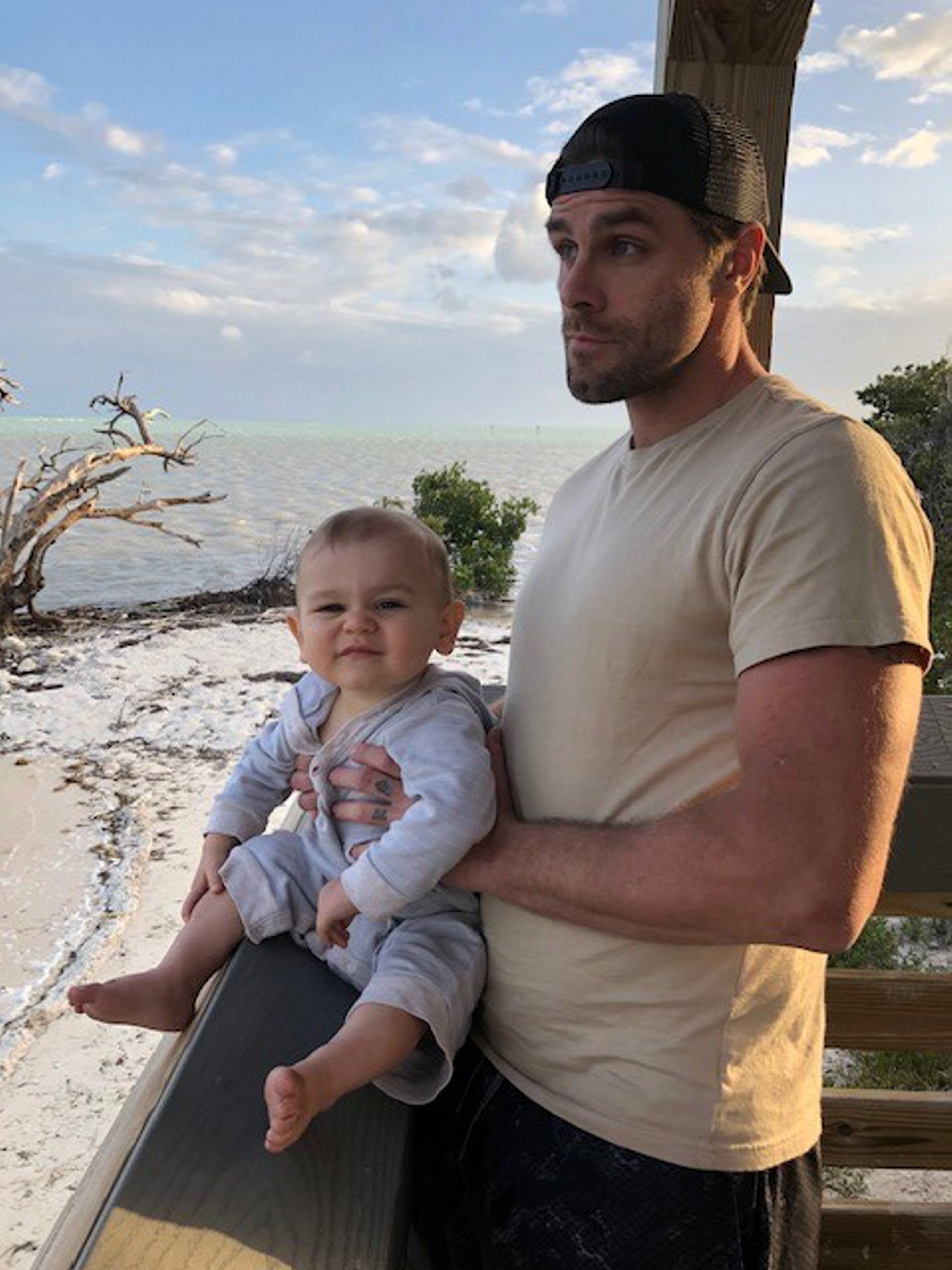
Since the deaths of Duffy and Chris, Gwen has used social media to spread the word and educate people about fentanyl poisoning.
She is engaging with people on Tik Tok and Instagram who have either lost somebody to fentanyl or are currently struggling with their own sobriety.
She said: “I spend a lot of time supporting those people emotionally, I also started a grief group - Falling Forward - to substance-related loss and that has been really helpful for me and helpful for the people in it.
“We get new members every week because this crisis is so rampant it is only getting worse.
“Ultimately, I hope to expand what I am doing in any way possible, I have started writing a book which will be focused on addiction and will be touching on fentanyl.”
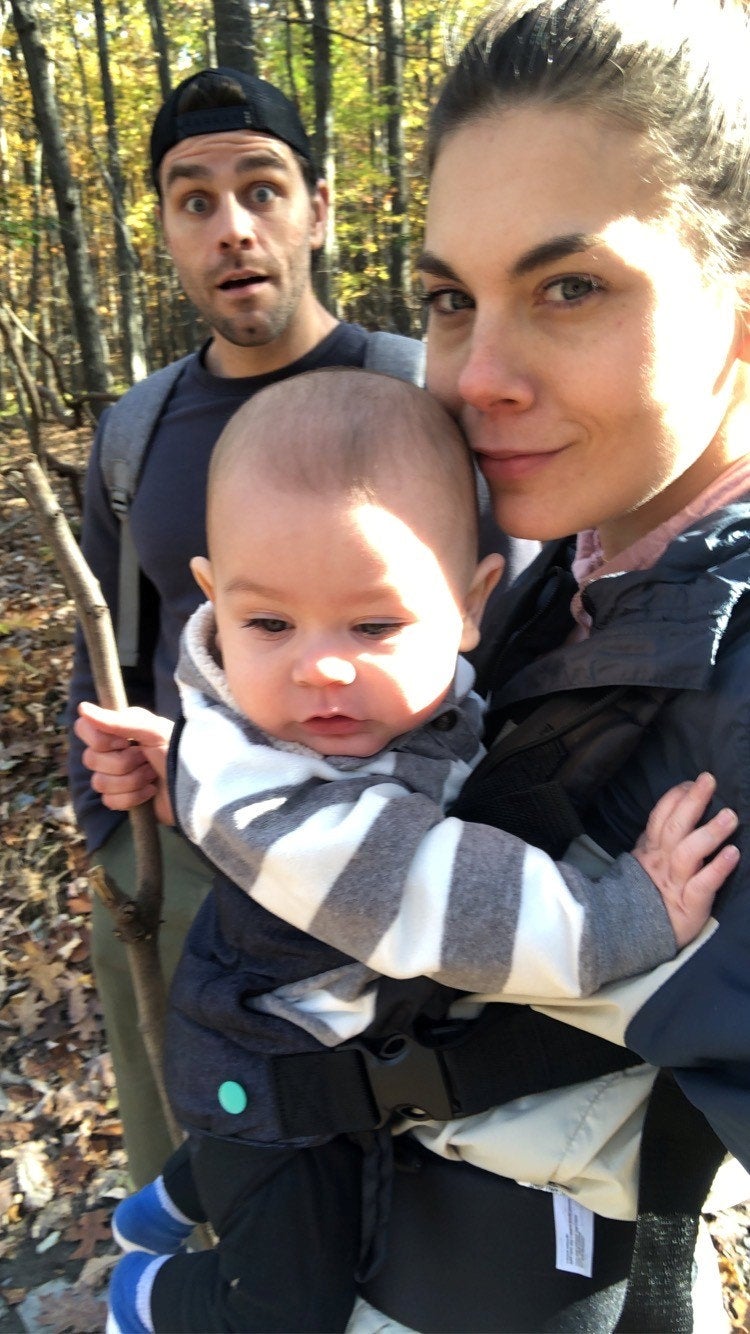
On what the future holds for herself and Luca, she said: “I am living in the present moment as much as possible, I am focused on my own sobriety, which takes a lot of work to be sober and of sound mind.
“I am focusing on how to be a single parent and I hope to have our own house one day really it is a kind of survival mode where we are learning to have more happy moments and be comfortable in the experience of joy and I hope to help people.
“I know everything is going to be ok, ultimately I know that to be true, I just want to keep Duffy’s memory and legacy alive.”
The tragic story comes as right-wing Georgia congresswoman Marjorie Taylor Greene dodged a question from The Independent when asked about her claims regarding the source of fentanyl crossing the US-Mexico border.
Ms Greene held a press conference on Thursday afternoon on her legislation calling for an accounting of all US dollars that had gone to Ukraine since Russian President Vladimir Putin began his invasion of the nation.
During the press conference, she drew a parallel to the US-Mexico border, saying the United States was not adequately monitoring immigration.
“We’re ignoring the dangers happening at our border and the national security crisis that’s happening in our country while we are completely protecting another country’s border and also waging a proxy war with Russia,” she said.
She also noted correctly that 56,516 Americans overdosed on fentanyl in 2020.
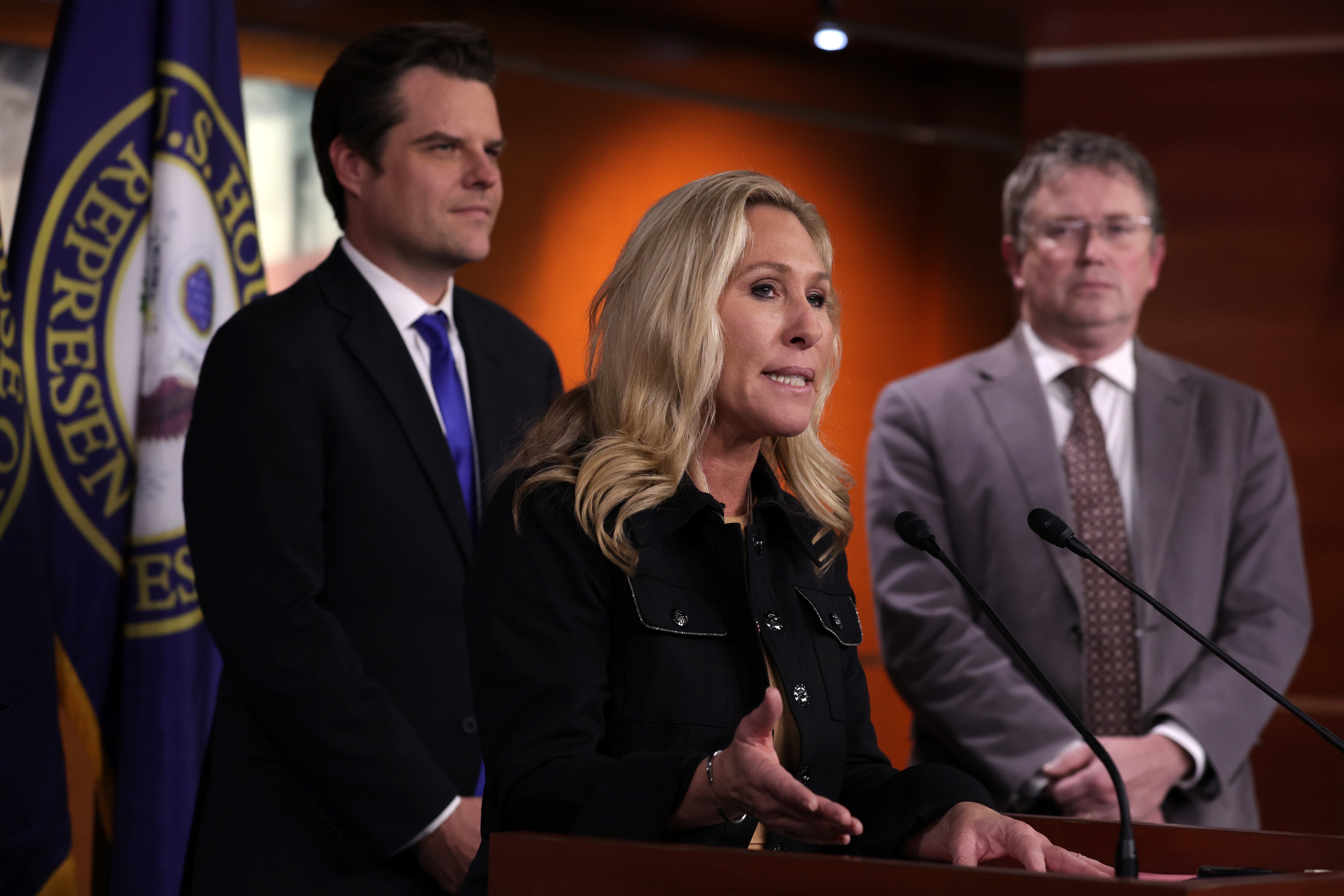
“This is a tragedy that’s happening, and it’s practically invisible,” she said.
But when asked about the fact that most fentanyl comes not from illegal border crossings but from legal ports of entry from American citizens, Ms Greene dodged the question.
“I would ask for where’s your proof on that because that’s not what we’ve been shown,” she said. “When we go to the border and we’re speaking with border patrol agents, when we’re on the ground, that’s not at all what we are being told.”
Then citing a study from the CATO Institute, a libertarian organisation that cited US government data, she rebuffed the study.
“The CATO Institute is not the border patrol,” she said. “I’m sorry, is the CATO down there securing our border and stopping illegal aliens and human trafficking and drug trafficking. I’m sorry, you’re going to have to get a direct source and when you bring the border patrol in here and and quote that, then we may take you seriously.”
But according to an analysis of US Customs and Border Protection data from Immigration Impact found that 95 per cent of all fentanyl seized came from a port of entry or by a CBP vehicle checkpoint.
Similarly, the CATO report cited data showing that according to the US Sentencing Commission, 86.3 per cent of convicted fentanyl traffickers were American citizens.


